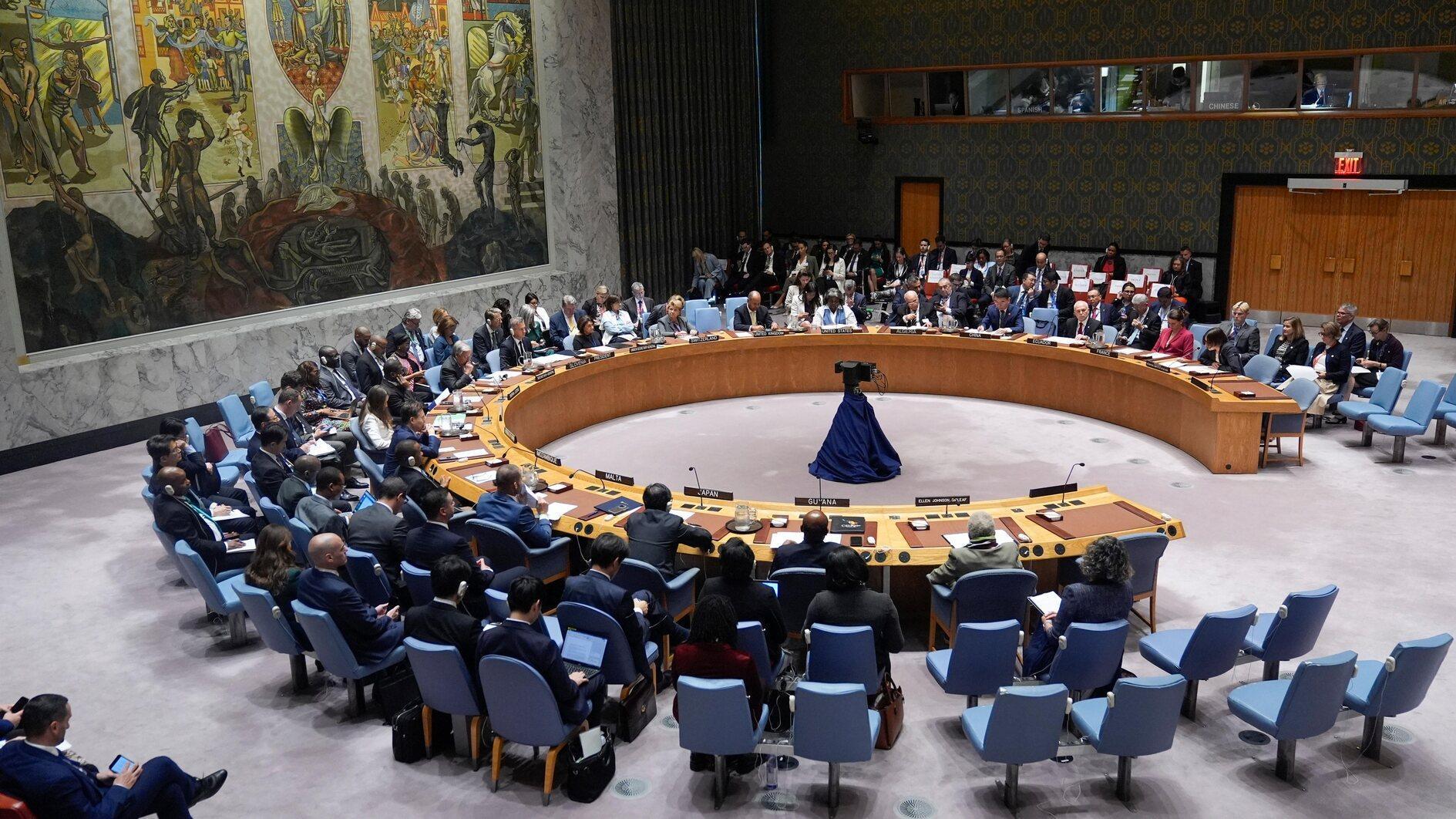
In the wake of Israel's assaults on Gaza, public perception of international organizations and diplomacy has undergone a profound transformation, predominantly driven by the latter's perceived impotence in curtailing civilian casualties.
As the war in Gaza, ignited by Hamas' offensive on Oct. 7, 2023, approaches its one-year milestone, approximately 42,000 civilians were killed in Israeli bombardments over the past 12 months.
Earlier in the conflict, statements of condemnation and calls for restraint from international entities dominated headlines, capturing the public's attention. However, as time has progressed, these diplomatic overtures have been increasingly dismissed as ineffectual and defined as toothless gestures.
Diplomacy, particularly in relation to the Palestinian enclave's enduring conflict, has evolved, now facing a host of unresolved, intractable dilemmas, with the United Nations and its Security Council emerging as focal points of criticism.
The dysfunction of the U.N. Security Council has become glaringly evident, as it remains incapable of forging a consensus to address some of the world’s most urgent crises. Permanent members like the US, China, and Russia routinely leverage their veto power to stifle action. During this period, the Security Council failed to broker a ceasefire in Gaza. In December, it adopted a resolution calling for more humanitarian aid to the Gaza Strip, though two earlier proposals were vetoed by the U.S. in support of Israel.
“The United Nations and its various arms are in a state of paralysis. This is a situation far more dire than what we witnessed during the Cold War,” stated Professor Fawaz Gerges of the London School of Economics and Political Science.
He underscored the growing perception that international organizations, once counted on to safeguard civilians and prevent humanitarian disasters, have become largely symbolic, bereft of any real executive capacity.
Additionally, he suggests that the inefficacy of governments and international organizations may have contributed to the massive protests seen in Europe and America.
In the West, hundreds of thousands have taken to the streets over the course of several months to decry Israel’s indiscriminate strikes against civilians, with significant protests erupting in the United States, the United Kingdom, France, Spain, the Netherlands, Germany, Belgium, Austria and Italy. Demonstrators, demanding an immediate halt to Israeli attacks, protection for civilians, and unimpeded humanitarian access to the region, have called on their governments and the international community to take decisive action.
On the other hand, Israel's long-contentious relationship with the United Nations has spiralled to new depths, amid insults and accusations and even a questioning of the country's continued U.N. membership.
In a recent developmetn, Israel declared U.N. chief Antonio Guterres "persona non grata," barring him from entry.
"Until this anti-Semitic swamp is drained, the U.N. will be viewed by fair-minded people everywhere as nothing more than a contemptuous farce," Israeli Prime Minister Benjamin Netanyahu thundered.
The past year has seen repeated accusations from within the U.N. system that Israel is committing "genocide" in its war in Gaza, while Israeli officials have made charges of bias and have even accused the U.N. chief of being "an accomplice to terror."